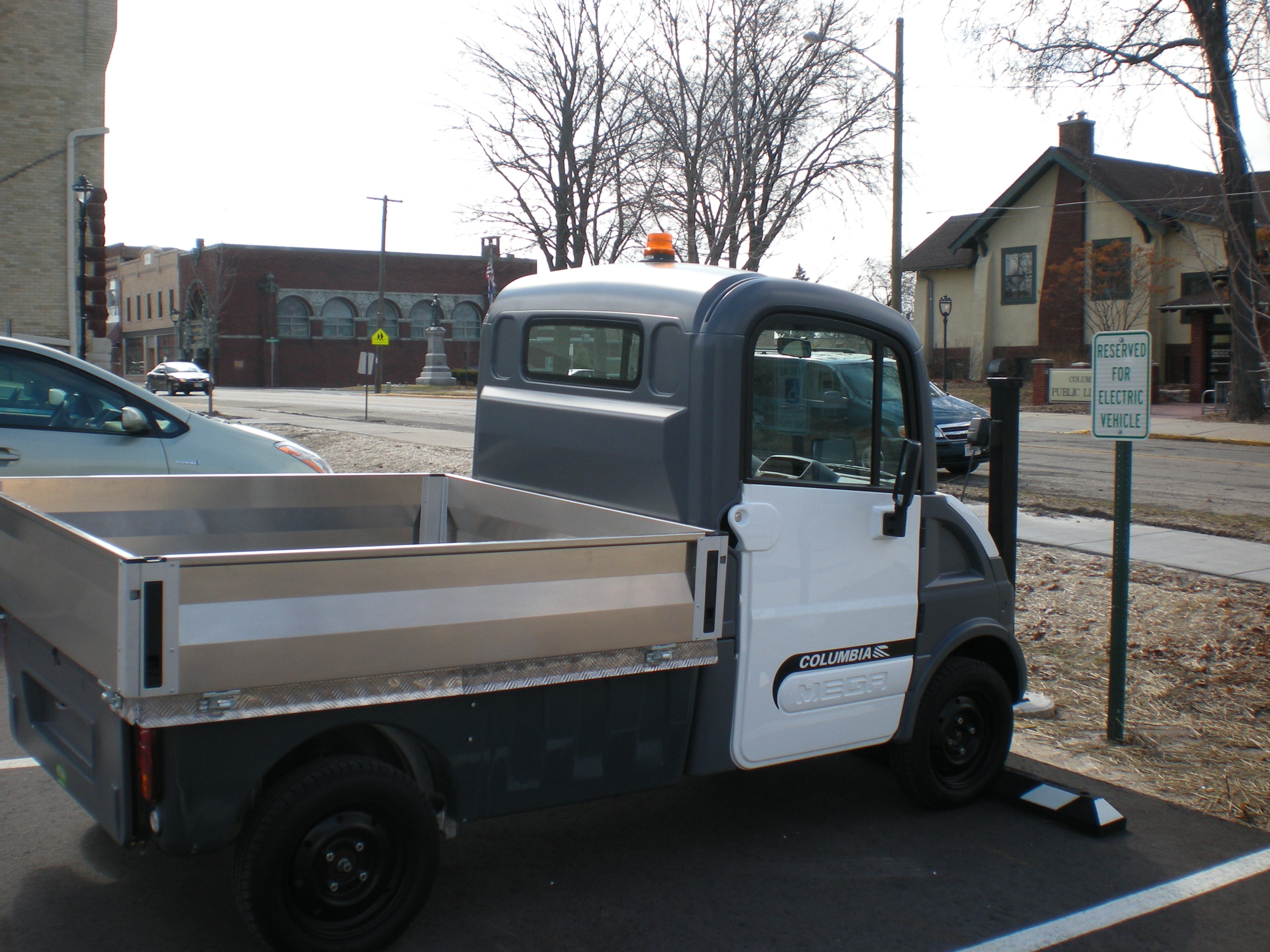
In the wake of Hurricane Sandy, many people have heard about potential plans to spend billions on a flood barrier to protect New York City. But few will have heard about the sea walls already under construction in Homer, Alaska to deal with the increased coastal erosion expected with sea level rise. Many people know about the green roofs of Chicago, but few realize that the small towns Columbus, Wisconsin, Kearney, Nebraska, and West Liberty, Iowa have already purchased plug-in hybrid or all electric vehicles.
Most Americans have heard about the sustainability successes of the biggest American cities. While important, such news does not tell the whole story. Most Americans live in cities and towns, which face political, fiscal, technical, and jurisdictional challenges when they seek to protect the environment. While the likes of New York, Boston, Chicago, and Seattle have the money, expertise, and regional power base to implement large-scale sustainability programs, thousands of small cities and rural towns struggle to protect the environment.
This briefing paper offers short case studies and lessons derived from a minority of small communities who made strides protecting the environment despite the odds against them. First, using the data from the 2010 ICMA sustainability survey,[i] we describe the problem – that smaller and poorer municipalities are less likely to enact sustainability policies. In this section, we also describe the kinds of actions small municipalities undertake. Small cities and rural places are at a distinct disadvantage when trying to enact sustainability policies due to capacity (staff time, local revenue) and they depend more on citizen leadership.[ii] Next, we present seven brief case studies of municipalities that defied the odds and implemented various sustainability policies. We conclude with lessons about the actions local leaders in these places took and their motivations. A number of themes emerge including the role of sustainability in promoting local economic competitiveness and community revitalization, the benefits of regulation and municipal utilities in promoting change, entrepreneurial leadership from local officials, and the importance of regional networks for information exchange.
[i] Svara, J. H. (2011) The early stage of local government action to promote sustainability. Pp. 43-60 in The Municipal Year Book 2011 (Washington, DC: ICMA Press). And Svara, J. H., A. Read and E. Moulder (2011) Breaking new ground: promoting environmental and energy programs in local government (Washington, DC: IBM Center for the Business of Government)
[ii] Homsy, G.C. and M. E. Warner (2012) Off the Beaten Path: Sustainability Activities in Small Towns and Rural Municipalities. Pp. 29-37 in Municipal Year Book 2012 (Washington, DC: ICMA Press)
New, Reduced Membership Dues
A new, reduced dues rate is available for CAOs/ACAOs, along with additional discounts for those in smaller communities, has been implemented. Learn more and be sure to join or renew today!
